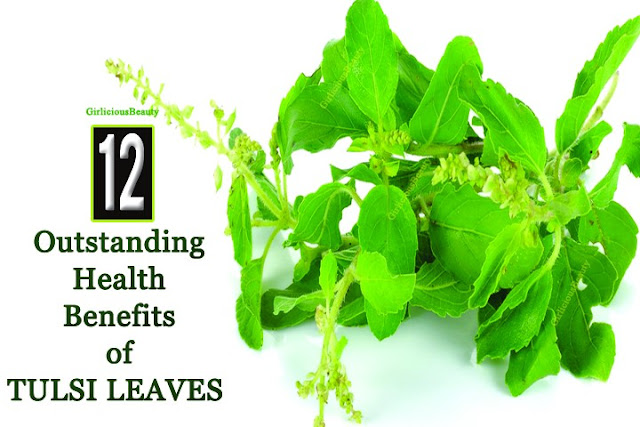Turmeric,the power of Antioxidant Super Food
Turmeric
Turmeric is a relative of ginger, and as a plant it looks similar. It has been a staple of Asian wellness practices and cuisine for thousands of years.1 Turmeric has earned its place as one of the most popular food supplements ever, and with so many reported benefits, it's no wonder! From its strong antioxidant properties to body & mind health, turmeric has captured the attention of both the natural health and scientific communities
Turmeric is the popular supplement that has taken the health community by storm. With such a wide range of active properties and health benefits, it's easy to see why everyone is raving about it.
The VitaPost Turmeric Curcumin Plus formula is vegan friendly, consisting of BioPerine® and turmeric extracts. One serving provides a significant serving of the primary active ingredient, curcumin, which can support joint and muscle health, provide potent antioxidant support, and support a healthy immune system. The benefits don't stop there. The antioxidant potential of curcumin can have supportive effects throughout the body, including in the brain.
Is turmeric an antiviral?
Curcumin, a component of turmeric, has been used as a food additive and herbal supplement
due to its potential medicinal properties. Previously, curcumin exhibited antiviral
properties against several viruses, including dengue virus and hepatitis C virus, among others.
What is the medicinal use of turmeric?
It contains a yellow-colored chemical called curcumin, which is often used to color foods and cosmetics. Turmeric is commonly used for conditions involving pain and inflammation,
such as osteoarthritis. It is also used for hay fever, depression, high cholesterol, a type of liver disease, and itching.
Is it safe to take turmeric every day?
Turmeric is safe for most people when consumed in amounts found in food. But turmeric can have side effects
when taken in large doses. Some supplements contain up to 500 milligrams of turmeric extract,
and their labels recommend taking four capsules per day. ... Little research has been done on excessive doses of turmeric
What are the negative effects of turmeric?
Here are five side effects of turmeric worth knowing.
Upset stomach. Turmeric or haldi is known to heat your
body and cause inflammation in your
- stomach that may lead to abdominal pain and cramps.
- Risk of developing kidney stones. ...
- May cause nausea and diarrhea. ...
- May cause an allergic reaction. ...
- Iron deficiency.
Is Tulsi an antiviral?
For example, one test-tube study found that sweet basil extracts, including compounds like apigenin and
ursolic acid, exhibited potent effects against herpes viruses, hepatitis B, and enterovirus ( 11 ).
Holy basil, also known as tulsi, has been shown to increase immunity, which may help fight viral infections.
Do viruses feed on sugar?
Bacteria and viruses have a sweet tooth! It's no coincidence when these microorganisms attack the human
organism to make us ill, for example when they give us pneumonia or flu. The great majority, around 80%,
of these bacteria and viruses seek out the sugars on the surface of our cells
Who should not use turmeric?
Because of its blood-thinning effects alone, pregnant women should avoid taking turmeric supplements.
Adding small amounts of turmeric as a spice to food shouldn't be a problem.
Is Turmeric bad for your kidneys?
Too much turmeric, though, may increase the risk of kidney stones. As I mentioned in a previous video, turmeric is high in soluble oxalates, which can bind to calcium, and form insoluble calcium oxalate,
which is responsible for approximately three-quarters of all kidney stones
What diseases can turmeric cure?
It contains a yellow-colored chemical called curcumin, which is often used to color foods and cosmetics. Turmeric is commonly used for conditions involving pain and inflammation, such as osteoarthritis. It is also used for hay fever, depression, high cholesterol, a type of liver disease, and itching.
Can turmeric raise blood pressure?
Turmeric is safe for most people when consumed in amounts found in food. ... High doses of turmeric can lower blood sugar or blood pressure, Ulbricht said, which means people taking diabetes or blood-pressure medication should use
caution while taking turmeric supplements.
What is the best time of day to take turmeric?
Bottom line: I recommend taking 400-800 mg of a curcumin supplement on an empty stomach (30 minutes before a meal or two hours after one). If you experience heartburn simply take it with food. If it tempts your tastebuds, add it to
entrees as well
When should I take turmeric morning or night?
Bottom line: I recommend taking 400-800 mg of a curcumin supplement on an empty stomach (30 minutes before a meal or
two hours after one). If you experience heartburn simply take it with food. If it tempts your tastebuds, add it to entrees as well.









0 Comments